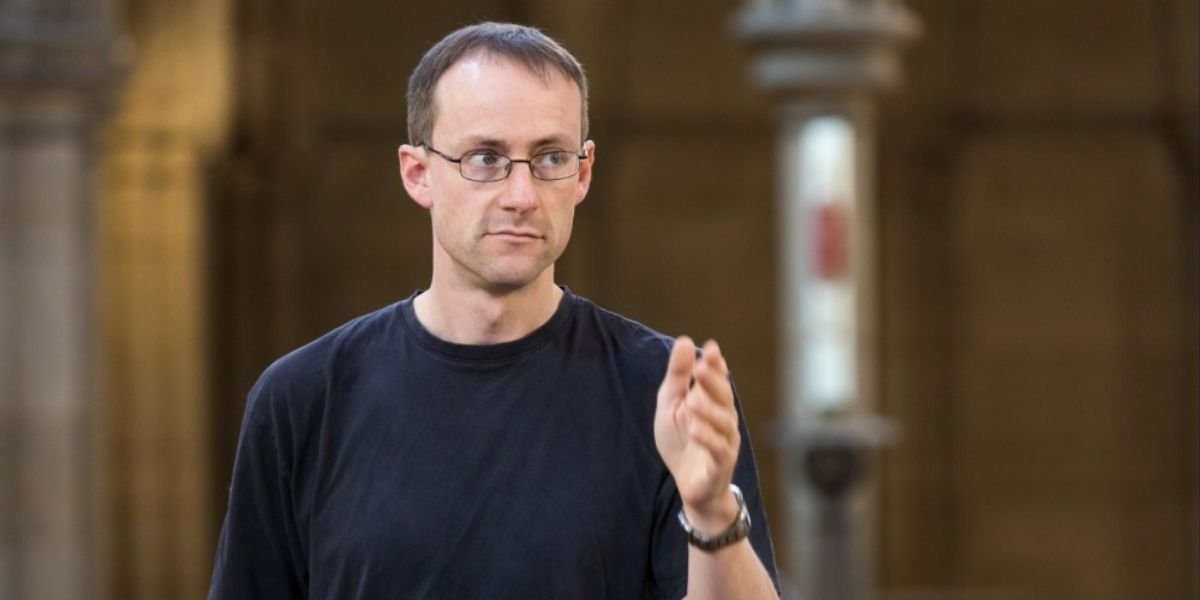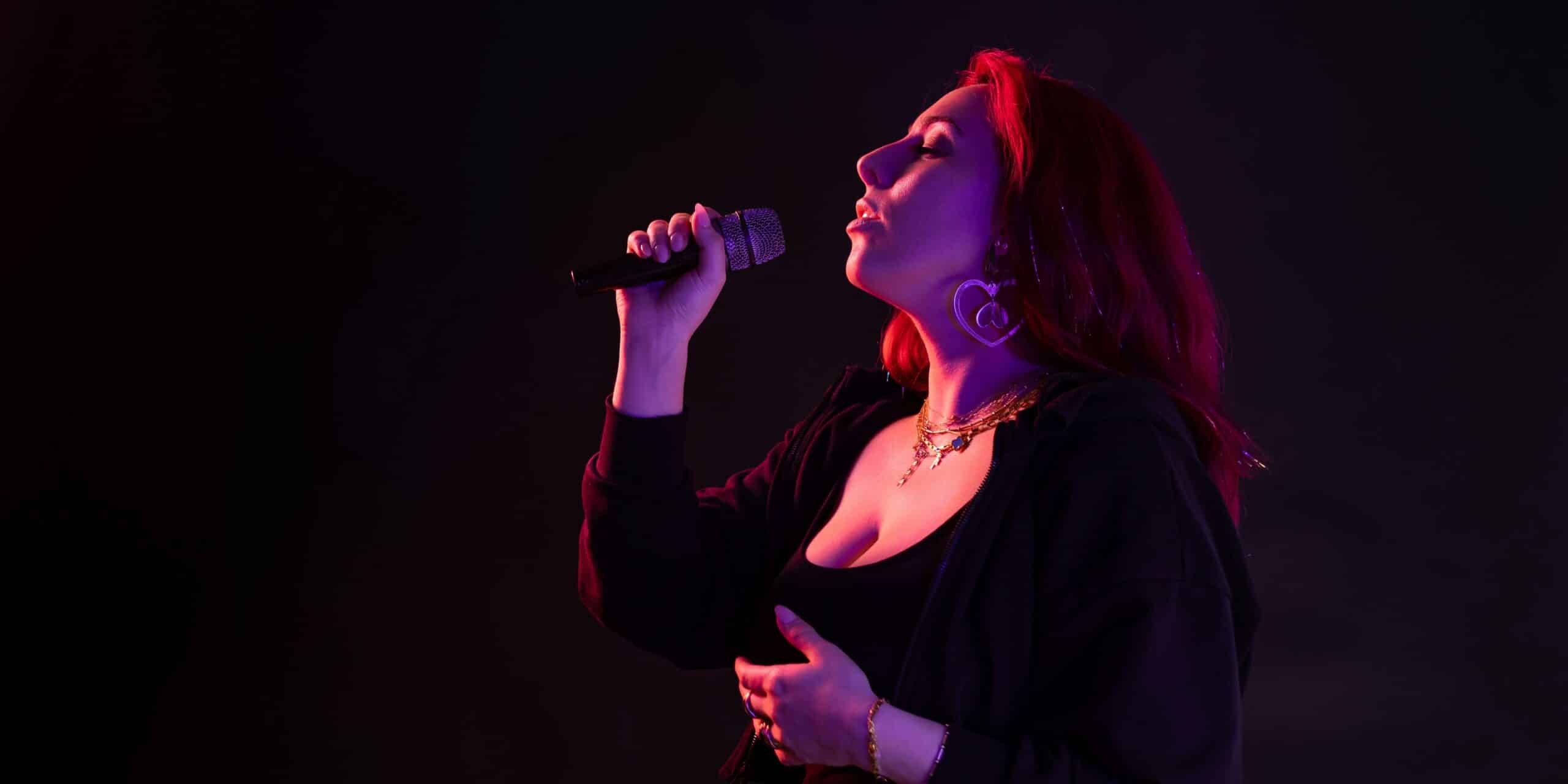Comedy is an art form that entertains and provokes thought through humor. It encompasses various techniques and styles, each requiring distinct skills and approaches. This article explores the essential elements of comedy, including improvisation, joke writing, timing, and performing stand-up or sketch comedy. Understanding these components can provide valuable insights into the craft of making people laugh.
The Art of Improvisation
Improvisation, or improv, is a form of comedy where performers create scenes and dialogue on the spot without a script. This spontaneous method relies heavily on quick thinking, creativity, and the ability to work collaboratively with others. Improvisation is often seen in live performances, comedy clubs, and theater sports.
A key principle of improv is the “yes, and” technique. This approach encourages performers to accept whatever their scene partners contribute and build upon it, ensuring the flow of the performance remains uninterrupted. This collaborative effort creates dynamic and unpredictable comedic moments, often leading to unexpected hilarity.
Improv requires performers to be attentive and responsive, honing their ability to react quickly to changing situations. This skill is not only essential for improv but also enhances overall comedic performance, as it helps comedians adapt to audience reactions and spontaneous events during live shows.
Mastering Joke Writing
Joke writing is the foundation of many comedic performances, from stand-up routines to sketch comedy. Crafting a good joke involves a combination of creativity, structure, and an understanding of what makes people laugh. The process typically starts with identifying a humorous premise or observation, which serves as the basis for the joke.
A well-constructed joke often follows a specific format, such as the setup-punchline structure. The setup introduces the premise, leading the audience in a particular direction, while the punchline delivers an unexpected twist or surprise that generates laughter. This element of surprise is crucial in creating effective jokes, as it plays on the audience’s expectations.
Successful joke writing also involves editing and refining. Comedians often test their material in front of live audiences, gauging reactions and making adjustments based on feedback. This iterative process helps fine-tune jokes, ensuring they resonate well with different audiences.
The Importance of Timing
Timing is a critical aspect of comedy, influencing the delivery and impact of jokes and comedic scenes. Good timing can enhance the humor, while poor timing can diminish the effectiveness of even the best-written jokes. Timing involves not only the pace at which a joke is delivered but also the pauses and beats that allow the audience to process and react to the humor.
Comedians develop a sense of timing through practice and experience. They learn to read the room, understanding when to speed up, slow down, or pause for dramatic effect. Timing also involves the physical aspect of performance, such as facial expressions, gestures, and body language, all of which contribute to the comedic impact.
In stand-up comedy, timing is especially crucial. Comedians must manage the flow of their routines, balancing the buildup of tension with the release of laughter. Similarly, in sketch comedy, timing ensures that scenes progress smoothly and jokes land effectively, maintaining the audience’s engagement and enjoyment.
Performing Stand-Up Comedy
Stand-up comedy is a popular form of performance where a comedian delivers a monologue of jokes, stories, and observations directly to an audience. This style of comedy requires a strong stage presence, confidence, and the ability to connect with the audience. Stand-up comedians often draw from personal experiences, societal issues, and everyday life to craft their routines.
Performing stand-up involves more than just delivering jokes. Comedians must engage the audience, creating a rapport that makes the performance feel interactive and spontaneous. This connection is built through eye contact, addressing the audience directly, and reacting to their responses.
Stand-up comedy also demands resilience and adaptability. Not every joke will land, and comedians must be prepared to handle silence, hecklers, and unexpected interruptions. Developing a thick skin and learning from each performance helps comedians improve and refine their craft.
The World of Sketch Comedy
Sketch comedy is a form of comedic performance that involves short, scripted scenes or vignettes, often performed by a group of actors. These sketches can range from a few seconds to several minutes, covering a wide variety of topics and styles. Sketch comedy is typically seen on television shows, live theater, and online platforms.
Writing and performing sketch comedy require a collaborative effort. Writers and performers work together to develop ideas, create scripts, and bring the sketches to life. The collaborative nature of sketch comedy allows for diverse perspectives and creative input, resulting in a rich and varied comedic output.
Successful sketch comedy relies on strong character development, clear premises, and effective punchlines. Each sketch must establish its concept quickly, delivering humor that is concise and impactful. Performers must be versatile, capable of playing multiple roles and adapting to different comedic styles.
Sketch comedy also benefits from visual and physical humor, using props, costumes, and set pieces to enhance the comedic effect. This multi-dimensional approach makes sketch comedy a dynamic and engaging form of entertainment.
Comedy, in its various forms, requires a combination of skills and techniques. Improvisation, joke writing, timing, and performing stand-up or sketch comedy all contribute to the art of making people laugh. Each element demands creativity, practice, and a deep understanding of what resonates with audiences. Whether on stage, on screen, or in written form, comedy continues to evolve, reflecting the diverse and ever-changing landscape of humor.










